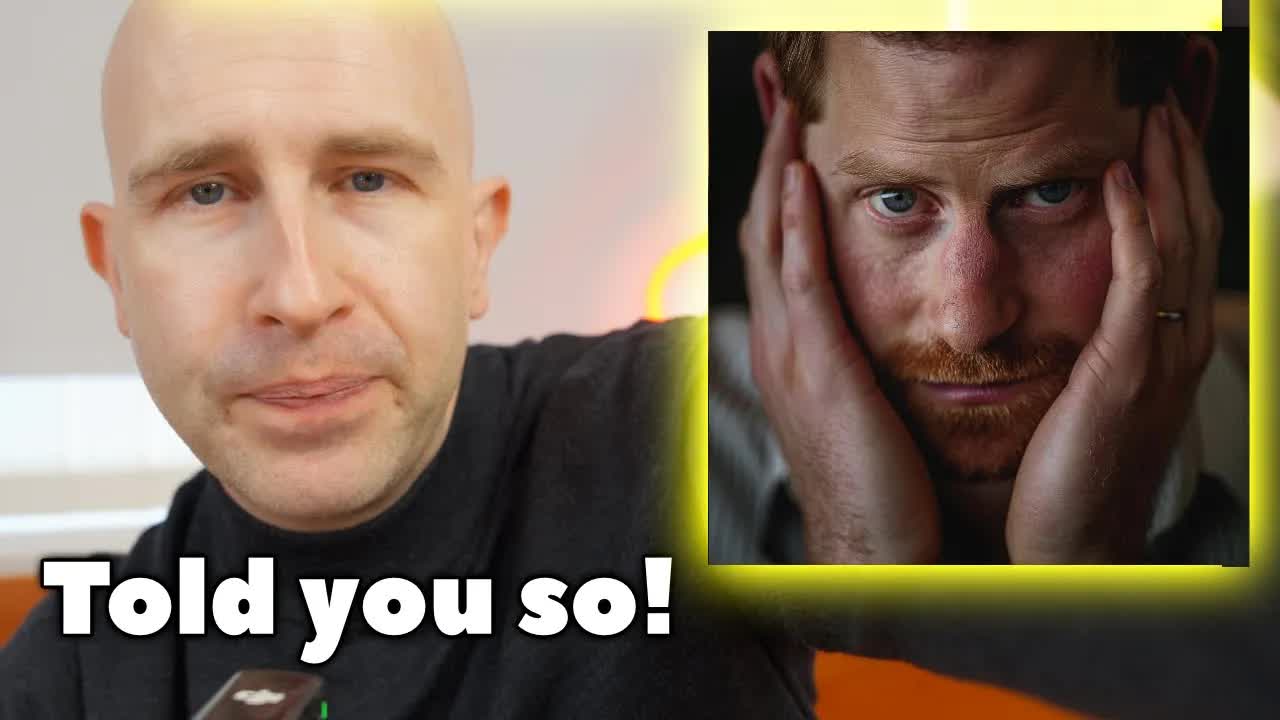In a significant twist in Prince Harry‘s ongoing legal struggle, he has been denied permission to appeal a recent court ruling concerning the reduction of his automatic security when visiting the UK.
This decision marks a pivotal moment in a saga that seems far from over, as Harry is expected to seek further recourse through the appellate court.
Confused by the headlines?
You’re not alone; this situation is complex and continues to unfold.
To break it down, the core issue revolves around Harry’s security arrangements during his visits to the UK.
Previously, he was entitled to automatic security provisions, but that has now shifted to a more flexible, case-by-case basis.
The prince challenged this alteration on two fronts: firstly, he expressed a desire to cover the costs of his security himself, a request that was ultimately turned down.
Secondly, he contested the very decision to revoke his automatic security, a claim he lost about a month ago.
Now, the latest development is that Harry has been refused permission to appeal that initial ruling.
This may sound alarming, especially given the media’s portrayal of the situation, but it’s crucial to understand that without official permission, an appeal cannot proceed.
So, while some reports suggested Harry was appealing the decision, that’s not entirely accurate.
He must first secure permission, which he now aims to do with a renewed application to the Court of Appeal.
This ongoing legal battle is not just a personal matter for Harry; it involves significant financial implications as well.
Given that he is part of the royal family, the case is effectively brought forward by the King.
Consequently, the financial stakes are high, with the judge recently noting a modest 10% reduction in the costs Harry is liable for regarding the Home Office.
However, the overall costs remain substantial, with estimates suggesting they could reach nearly a million pounds when factoring in both parties’ fees.
Interestingly, there’s been some chatter on social media regarding the quality of government legal representation.
Some have suggested that the lower salaries of government lawyers reflect their capabilities.
This notion is misleading.
The pay scale for these legal professionals often does not correlate with their skill or experience.
Many choose to work in government roles out of a sense of duty or passion for public service, rather than the lure of high salaries.
As the costs continue to mount, it’s worth noting that a recent Freedom of Information request revealed that the government’s legal expenses related to this case are already approaching half a million pounds.
If Harry’s legal fees are comparable, we’re looking at a staggering total of around one million pounds just in legal costs, and that’s before any potential appeals are even considered.
Looking ahead, many observers, including myself, have speculated that Harry’s chances of obtaining permission to appeal are slim.
Even if he does manage to secure it, the likelihood of a successful outcome in a substantive appeal seems bleak.
Reports indicate that the judges have dismissed parts of the case as “frankly hopeless.”
It’s important to clarify that my analysis is purely observational and not intended to influence the legal proceedings in any way.
The judicial process will unfold as it sees fit, independent of external commentary.
As this story develops, it remains a captivating glimpse into the intersection of royal life and the legal system.
The implications for Harry, both personally and financially, are significant, and many are keenly watching how this saga will play out.
Stay tuned for more updates on this evolving narrative, as it promises to be anything but dull.










